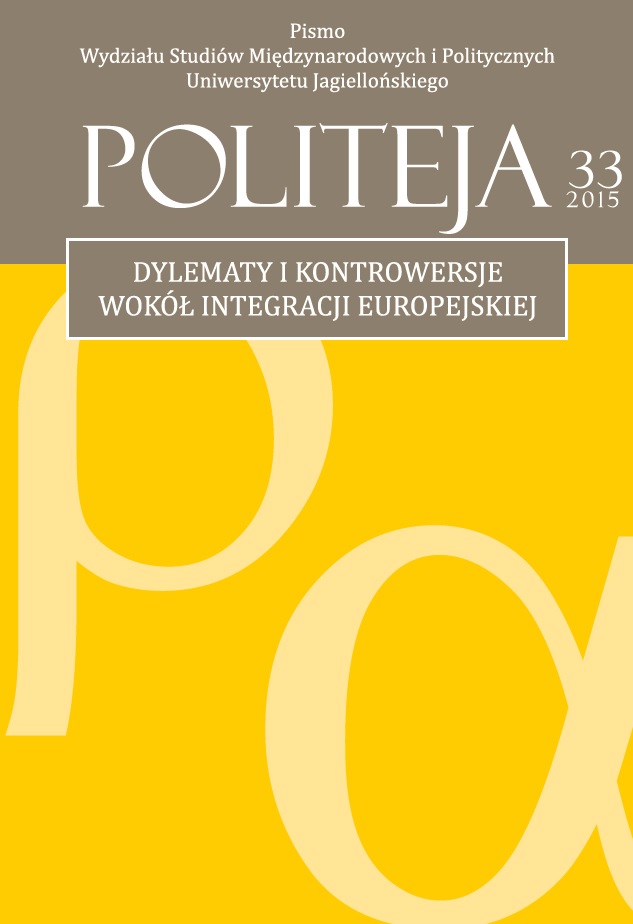Polak i jego rodzina w Unii Europejskiej
The Pole and her/his family in the European Union
Author(s): Marcin GalentSubject(s): Politics / Political Sciences
Published by: KSIĘGARNIA AKADEMICKA Sp. z o.o.
Keywords: EU; citizenship; trust; social dualism; refamilisation
Summary/Abstract: Contrary to most European countries, support for Polish membership of the European Union is still very high. Moreover, the level of trust towards the EU is constantly on the increase. The reason for the low level of social trust in Poland stems from the process which I term “re -familiarisation”. This phenomenon is caused mainly by the shape of citizenship which has been accommodated in the last two decades. Its main traits consist in the withdrawal of the state and local authorities from the responsibility to guarantee basic social security. This withdrawal has recreated a “social dualism” in Poland. This dualism means that in some regions the place of the state has been successfully replaced by free market institutions, however there are also regions where these institutions are too weak to reduce this social insecurity effectively. As a consequence, where the free market is insufficient and the state absent, the Poles turns towards family ties. Since families are the main sources of security, trust is hence being built mainly within the family and other primary group frameworks which are closest.On the other hand, in tandem with the disappearance of the state from the social horizon and everyday experience of some Poles, they have begun to place their trust outside it. This outside space is the European Union, thanks to which Poles are experiencing an inflow of capital and investments as well as taking advantage of a new possibility structure brought about by the recently opened labour markets.
Journal: Politeja - Pismo Wydziału Studiów Międzynarodowych i Politycznych Uniwersytetu Jagiellońskiego
- Issue Year: 12/2015
- Issue No: 33
- Page Range: 131-153
- Page Count: 23
- Language: Polish

